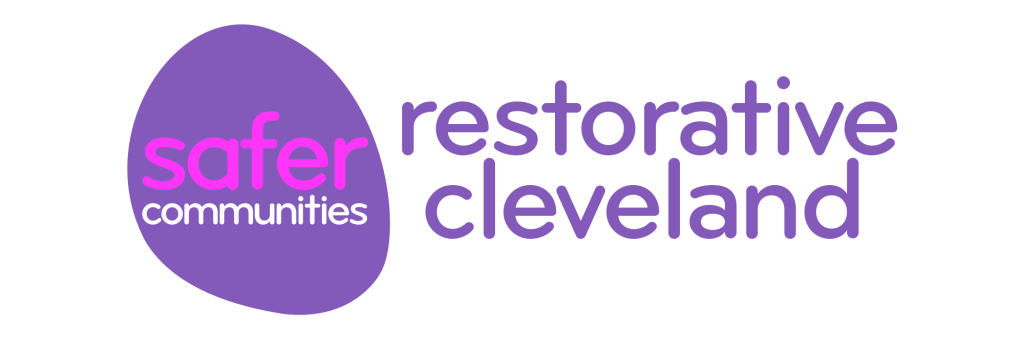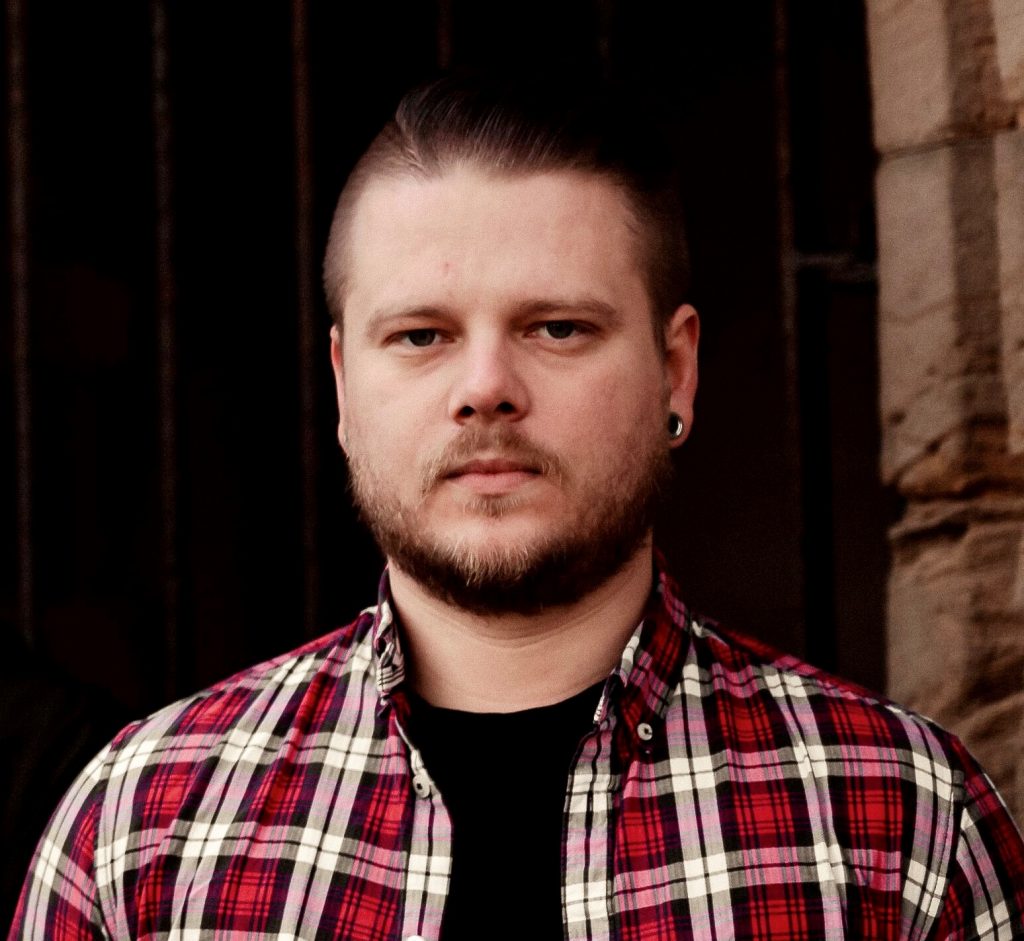What is restorative justice?

Restorative justice (RJ) gives victims the chance to communicate with their offenders to explain the true impact of their crime.
It empowers victims by giving them a voice and holds offenders to account for what they have done. It also helps offenders to take responsibility for their actions and make amends.
The wider community can benefit from RJ in terms of reducing the impact of re-offending.
All adult victims of crime are entitled to information about RJ as stated in the Victims Code of Practice.
Stockton-based charity Safer Communities leads a multi-agency team of practitioners to deliver Restorative Cleveland on behalf of the PCC.
How it works
Victims are entitled to find out about and access restorative justice.
The process is voluntary and victim-led. It will only take place when the victim feels ready. This may be some time after the crime.
At the beginning of the RJ journey, it’s likely that victims will be anxious. However, they are in control of what happens and how far they want the process to go. Victims can withdraw from arrangements at any time.
All referrals are looked at on a case-by-case basis. With the help of professional support, the victim decides what is best for them.
A trained facilitator supports victims throughout the process. Facilitators prepared victims on what to expect before, during and after any meeting. The facilitator leads any meeting between victim and offender and ensures the safety of all parties.
Some victims may wish to work towards a face-to-face meeting but for others, this might not feel comfortable. They will be offered other forms of less direct communication, for example letters or video.
At any stage in the process, victims will never be left alone with the person, who has committed a crime against them.
Both victim and offender must want to take part in Restorative Justice for it to take place. It is vital that the offender has admitted the crime prior to the start of the process.
Benefits for the victim
For some victims, the opportunity to meet the person, who has offended against them, can be a significant and positive step to repairing the harm, which has been caused.
Government research shows the outcome of restorative justice has an 85% satisfaction rating among victims.

Restorative justice is about giving the victim a voice. This often motivates people to take part. It may mean they get answers to unresolved questions.
It gives victims the chance to make the offender understand how their actions have impacted on others. The majority of victims feel empowered following the RJ process because they are able to gain some closure and move on with their lives.
Male rape victim Chris Storey has told Safer Communities about his experiences of working with Restorative Cleveland.
Find out more by going to their website.
Benefits for the offender
Government research has found that Restorative Justice reduces re-offending by 27%.
It makes the offender understand that their actions have had a negative effect on the victim’s life.
There is no guarantee that Restorative Justice will have a positive impact on every offender as each case is different, however if the victim takes some comfort from the process, an intervention will be undertaken.
Further information
Tel: 0330 223 4312
Email: [email protected]
Useful links
- Why me? – National charity working to deliver and promote access to Restorative Justice for all victims of crime.
- Restorative Justice Council – Promotes quality restorative practice for everyone.
